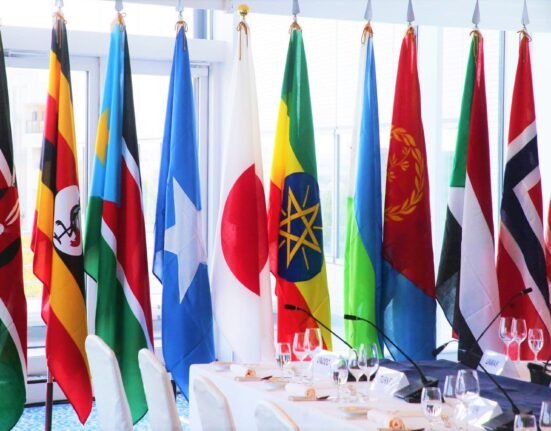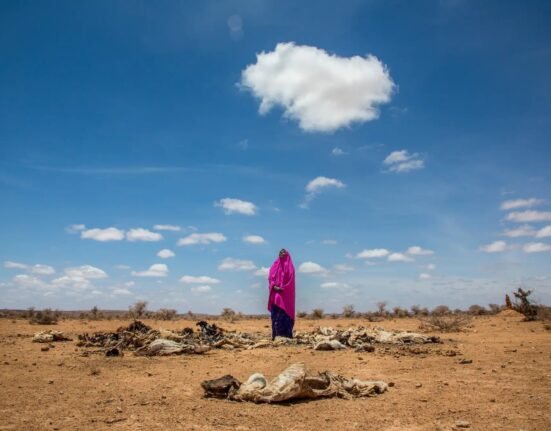The Horn of Africa has been plagued by internal conflicts and political turmoil, with Somalia being one of the countries most affected. An ongoing civil war, compounded by natural disasters and terrorism, has led to the displacement of millions of Somalis both within the country and beyond its borders. This article explores the significant impact of displacement on the political dynamics in Somalia, focusing on its consequences for governance, social cohesion, and the overall peacebuilding process.
1. Governance Challenges:
Displacement in Somalia has put tremendous pressure on the already fragile governance structures of the country. The existence of internally displaced persons (IDPs) camps has created new administrative challenges for local authorities who struggle to provide basic services and maintain law and order. The rapid growth of urban centers due to displacement has strained resources and hindered effective governance. Additionally, the government’s ability to exercise its authority and extend its presence into areas hosting IDPs has been severely limited. This power vacuum has allowed non-state actors, including militia groups, to gain influence and undermine state authority, further destabilizing the political landscape.
2. Social Cohesion and Fragmentation:
Displacement has also had a profound impact on social cohesion within Somali society. As people flee their homes and communities, traditional social bonds are broken, and trust among different groups erodes. In IDP camps, overcrowding, limited resources, and competition for aid often lead to tensions and conflicts. The breakdown of social structures has fueled inter-clan rivalries and other forms of identity-based divisions, exacerbating political tensions and impeding national reconciliation efforts. The resulting fragmentation has made it challenging to build a cohesive and inclusive political system that accommodates the diverse interests of Somalia’s population.
3. Impediment to Peacebuilding:
The presence of displaced populations poses a significant hurdle to peacebuilding efforts in Somalia. The constant movement of people disrupts local economies and hampers the delivery of essential public services. The lack of stability and the absence of durable solutions for the displaced population undermine reconstruction efforts, making it difficult to rebuild infrastructure, restore livelihoods, and promote sustainable development. Moreover, the presence of IDPs, particularly in conflict-affected regions, contributes to the perpetuation of violence as they become susceptible to recruitment by armed groups. This dynamic perpetuates a cycle of conflict, hindering the establishment of lasting peace in the country.
The impact of displacement on political dynamics in Somalia cannot be underestimated. The strain it places on governance structures, the erosion of social cohesion, and the impediments it creates for peacebuilding efforts all contribute to the challenging political landscape in the country. Addressing displacement requires a comprehensive approach that prioritizes stable governance, reconciliation, and the provision of basic services to displaced populations. Only through concerted efforts to address displacement and its political consequences can Somalia move towards a more stable and inclusive future.






